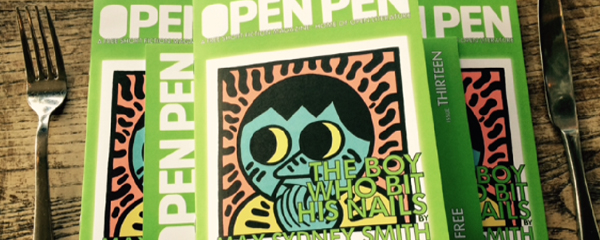Dazzled
More than twenty years after his first encounter with ‘Kleist in Thun’, BEN WINCH continues to be dazzled: ‘each time I gaze into that mirror—a mirror-within-mirror, and therefore, if the angle’s just right, a particularly dazzling one—I see a different face. ‘







